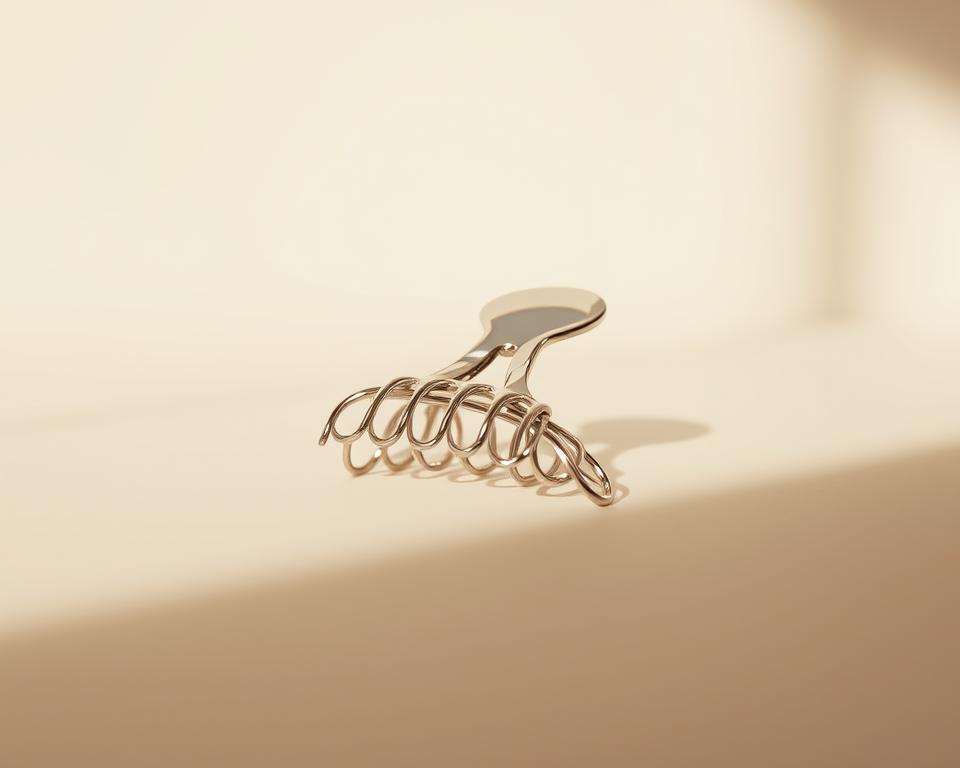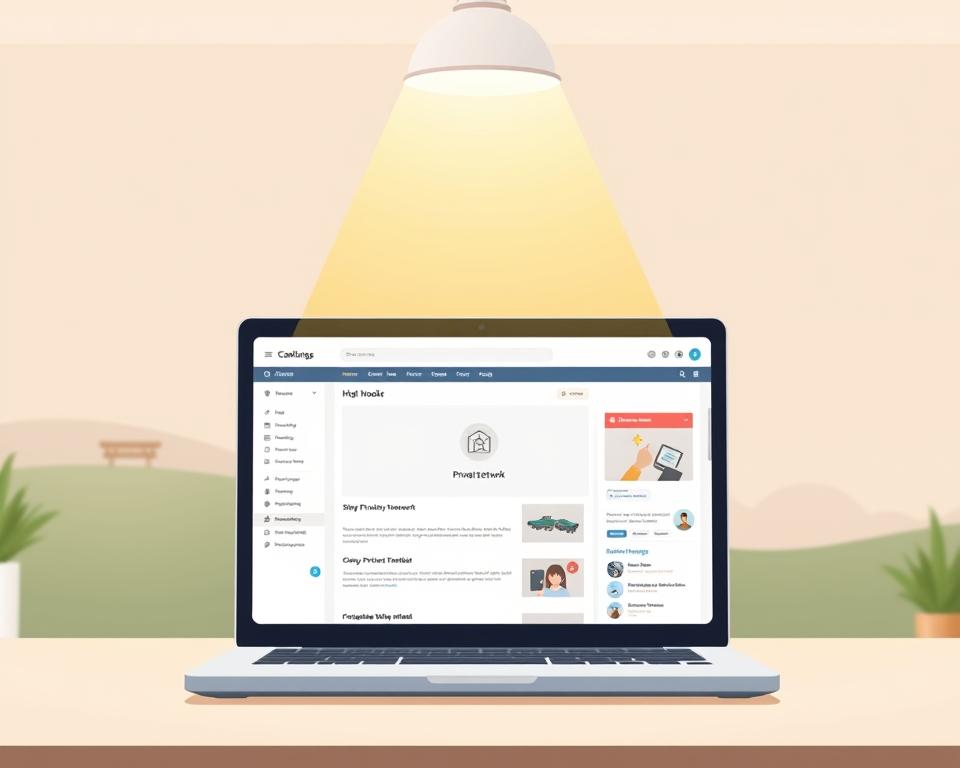Book Your Bachelorette Party Strippers in Corona for a Night of Fun
Ready to transform your bachelorette bash into a night to remember? Imagine transforming an ordinary evening into a sensational experience. Your secret? Booking bachelorette party strippers in Corona. Opting for expert adult entertainers crafts a scene of buzz and charm. Guests will reminisce about your event for years to come.
Explore edge-of-your-seat bachelor party strippers near me routines and captivating talents. They promise to bring the fun your party deserves. It offers the magic to craft memories that stand the test of time.
Core Lessons
- Strippers bring a special twist to bachelorette events.
- Expert adult shows boost the fun factor.
- Finding the right entertainment makes for cherished memories.
- Including engaging routines can top the evening.
- Scheduling in advance secures preferred acts.
Advantages of Having Strippers at Your Bachelorette
Going with female exotic dancers can turn your bridal bash into a standout soirée. They spark a vibrant mood, preparing the event for high-energy thrills. Featuring expert dancers customizes the event, brimming with smiles and delight.
Cheeky hen party packages are crafted to the bride’s preferences, delivering bespoke acts. Personal touches confirm the shows match your squad’s style, heightening the festive atmosphere. Event planners emphasize that adult shows are key to forging enduring memories for the bride tribe.
Options for Bachelorette Stripper Acts
Designing a one-of-a-kind hen night involves checking out the stripper options. You can choose from enchanting female exotic dancers to dynamic male revue shows. Each act aligns with diverse likes, securing an immersive environment for everyone.
Shirtless servers offer a unique twist, merging catering with showmanship. Their playful demeanor brings extra zest, ramping up the event’s ambiance. Countless groups acclaim that contracting hunk-a-holics enlivens the event and cements unforgettable impressions.

Every option ignites its distinct energy, customized to your event’s character. Whether showcasing seductive acts or fun-filled performances, every attendee can revel in this dynamic adult entertainment realm.
Hen Night Strippers in Corona
Planning an unforgettable night in Corona? Securing bridal bash strippers is an excellent idea. Regional exotic artists infuse energy and appeal into your party. They deliver indelible moments for the bridal party. Several adult entertainment formats are on offer, suiting different likes and moods.
Several well-known companies in Corona supply premium performance services. Every agency offers special features, from concept-driven acts to bespoke shows. This flexibility allows you to create a night filled with laughter, joy, and perhaps a hint of cheeky fun. It will leave everyone talking long after the celebration.
Be it action-packed shows or one-on-one moments, selecting the right regional exotic artists is essential. Selecting expert artists boosts performance caliber and aligns with the celebration’s theme. It allows each guest to engage and enjoy. Don’t miss out on the chance to embrace the thrill that comes with booking the best bachelorette party strippers in Corona!
Booking Your Bachelorette Strippers
Booking strippers for a bachelorette party is straightforward and enjoyable. Begin by researching local agencies that specialize in these services. It supplies selectable deals and review-based advice to assist you.
Once you’ve noted candidates, connect with them about openings, fees, and requests. You secure the slot, convey performance choices or exclusive elements, and fix your budget. Open dialogue here prevents mix-ups down the line.
Be aware that top event planning tips are indispensable each step of the way. Communicate your ideal atmosphere and requested routines clearly. After making arrangements, ensure you receive a written confirmation detailing all agreed-upon terms.
Ready the venue prior to the entertainment. A well-arranged space improves fun for every guest. Communicate any last-minute requests to the service provider for a seamless experience.
Observing this plan simplifies scheduling. It permits you to celebrate worry-free about details.
Additional Activities to Enhance Your Bash
Combining bonus entertainment with strippers crafts a one-of-a-kind party. Mixing in additional activities with strippers creates a balanced celebration. Look into various entertainment packages that suit different tastes and interests.
Drink-crafting lessons thrill, drawing everyone into an engaging, practical tutorial. They deliver delightful beverages all night long. Pole sessions introduce playful spirit, offering attendees a chance to dance and laugh collectively.
Deploying styled photo stations presents another great option. These booths let guests capture their special moments with fun props and backdrops. This turns the party into a joyous, multifaceted celebration.
Blending these activities ensures your bridal bash shines like no other. Be it an elegant drink class or a prop-packed picture station, these add-ons amplify the fun.
Scheduling Side Activities for Your Bachelorette
To craft a bridal bash to remember, arrange diverse outings. Ponder adding adrenaline rides such as ziplines or mystery-room escapades. These events both pump up the adrenaline and build unity via collective challenges.
Merging day-time events and evening festivities forms a well-rounded party. A relaxing spa day followed by a lively pub crawl is a perfect blend. It ensures everyone unwinds before diving into the evening’s festivities. Such options uplift the entire event, ensuring the bride tribe savors each second.
At the planning stage, consider special extras like art workshops or chef-led cooking courses. These elements provide a well-rounded adventure, keeping everyone engaged and entertained throughout the event.
Readying for the Bride Celebration
Planning a memorable bachelorette party requires thorough preparation and attention to detail. Creating a hen night checklist can simplify things, making sure no detail slips by. Start by listing all essential items, including party favors, drinks, and snacks.
Learning from seasoned party planners can improve your experience. Consider how to set the mood with decorations that reflect the bride’s personality. A specific theme can guide your decoration choices, whether it’s glamorous, fun, or quirky.
Smart scheduling tactics can cut planning anxiety. Lay out a plan for securing talent, mailing invitations, and prepping the location. This methodical style lets you revel in the party, not fret over final details.
- Lock in your attendee roster ahead of time.
- Send out invitations with plenty of notice.
- Arrange shows multiple weeks ahead.
- Set up travel to and from sites.
- Assemble a soundtrack to sustain excitement.
Using smart planning plus a detailed bridal bash list, the party’s chances for excitement skyrocket. See prep time as your chance to craft enduring stories for the bride tribe.
Safety and Etiquette Considerations
Arranging a bride celebration with strippers heightens buzz but needs care for protocol and protection. Honest conversation among the group is vital. It permits every guest to voice their ease with the performances.
Establishing limits and consent is vital. Define proper etiquette for guests and performers alike. Verify that all recognize the role of agreement. This lays the foundation for a polite, protected space.
Strong etiquette includes more than just rules. Recommend guests show courtesy and care for the performers. Actions like not touching without permission and supporting each other’s choices make the party enjoyable. Adhering to these hints steers clear of embarrassing episodes.
Be prepared for any challenges that might come up. By focusing on safety and etiquette, the party will be a celebration to remember. It celebrates the bride while keeping guests at ease.
Testimonials: Experiences of Past Clients
Numerous patrons express their happiness with bridal bashes, raving about the strippers’ quality. Patron comments are key to understanding act excellence. A standout review mentioned a night full of laughter and fun, highlighting how the performance went beyond expectations.
Victorious accounts proliferate, revealing how a stripper etched the event in memory. Guests frequently commend the performers’ professionalism, enhancing the laid-back feel. They also note that the strippers perfectly matched their acts to the party’s theme and atmosphere.
In a current hen night review, one attendee applauded the team’s precision, honoring the bride’s spotlight. This acclaim underscores the field’s dedication to quality, motivating more to reserve these unforgettable shows.
As a Final Point
Winning bridal bash organization centers on forging unforgettable moments that strike a chord with the bride and her inner circle. The inclusion of top-notch strippers can improve the fun, creating an energetic atmosphere that everyone will remember. Investing in quality entertainment ensures that the night is filled with laughter and joy, which is exactly what every bachelorette deserves.
When you dive into planning an epic night, weigh the assorted ways to personalize your event. From interactive performances to themed shows, your choices can significantly improve the impact of your celebration. Bear in mind manners and protection to secure an effortless and pleasurable gathering for all guests.
Finally, careful arranging and a vow to impress will cause your bachelorette gathering to shine in everyone’s recollections. Adopt the zest for exploration, leap in, and ready yourself to conceive a night teeming with merriment, mirth, and enduring remembrances.
FAQ
Which stripper options are available for my hen night?
You have multiple choices: female exotic dancers, male revue acts, and shirtless servers.
Each provides a unique experience, designed to make the bride-to-be feel celebrated.
How do I book strippers for a bachelorette party in Corona?
You start by picking a trusted agency, then check dates and finalize specifics.
Be sure to communicate any custom show wishes for a personalized event.
Which bonus entertainment fits a stripper-led party?
Yes! Adding activities like cocktail-making classes, pole dancing lessons, or themed photo booths can enhance the party.
Such choices guarantee the party vibe lasts long after.
How do I keep the bash both secure and entertaining?
Absolutely necessary to talk over permission and limits with the crew.
Outlining dos and don’ts builds a safe and cozy setting.
What essentials belong in my bridal bash planner?
Add to-do’s: party adornments, soundtrack, nibbles, and refreshments.
Paying attention to detail helps avoid last-minute chaos.
Can you share any testimonials from previous clients who booked strippers?
Plenty of attendees commend the fun factor, saluting the strippers’ professionalism.
Testimonials usually hail top companies for their courtesy and enthralling shows.
Any creative suggestions for a hen night in Corona?
Plan for cocktail crawls, mystery-room quests, or relaxation sessions.
These keep guests entertained and engaged. Variety is crucial for a memorable night for all.









